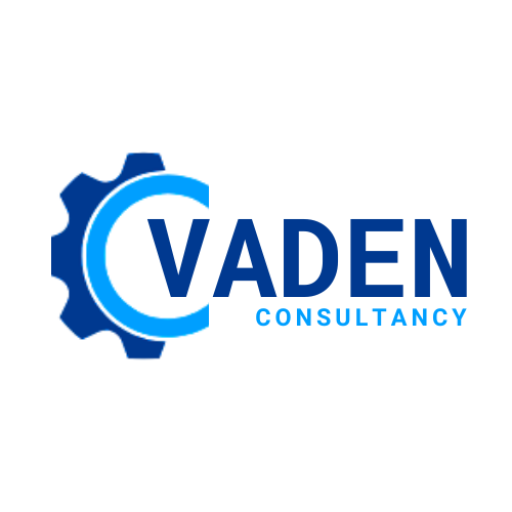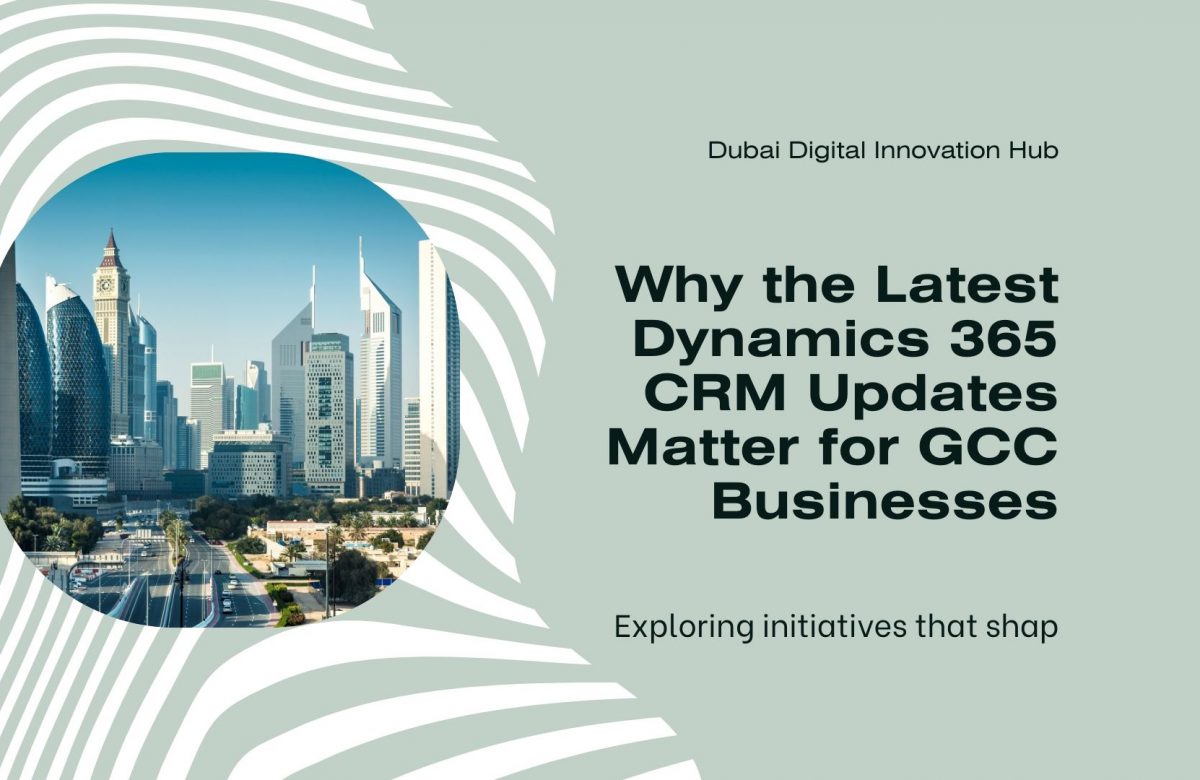Dubai’s Digital Transformation: Why the Latest Dynamics 365 CRM Updates Matter for GCC Businesses
Dubai’s ambitious journey to become the world’s smartest city by 2025 isn’t just a distant vision—it’s happening right now. As part of the UAE’s broader Vision 2071 digital economy goals, businesses across the Gulf Cooperation Council (GCC) are racing to embrace technologies that will define their competitive edge for decades to come. Microsoft’s latest Dynamics 365 CRM updates arrive at a pivotal moment, offering regional businesses tools specifically designed to navigate the unique challenges and opportunities of the Middle Eastern market.
The Digital Revolution Taking Shape Across the GCC
The GCC region is experiencing unprecedented digital transformation momentum. Saudi Arabia’s Vision 2030 and Qatar’s National Vision 2030 have created a regional ecosystem where digital adoption isn’t just encouraged—it’s essential for survival. Yet despite this enthusiasm, businesses face distinct challenges that global CRM solutions haven’t traditionally addressed.
Language barriers remain significant, with many organizations struggling to implement systems that truly serve Arabic-speaking customers and employees. Cultural nuances in customer engagement, from Ramadan marketing considerations to family-oriented business relationships, require more sophisticated approaches than standard Western CRM templates provide. Add regulatory complexities like VAT compliance across different GCC countries and data residency requirements, and it becomes clear why regional businesses need purpose-built solutions.
The numbers tell the story: CRM adoption in the GCC is projected to grow by over 15% annually through 2026, driven primarily by businesses seeking competitive advantages through better customer relationships and operational efficiency.
What’s New in Dynamics 365: Built for the Modern GCC Business
Microsoft’s 2024-2025 Dynamics 365 updates address these regional challenges head-on. The integration of Copilot AI technology now supports natural language queries in both Arabic and English, allowing sales teams to ask complex questions about their customer data conversationally. This isn’t just translation—it’s cultural adaptation, with AI trained to understand regional business terminology and practices.
The introduction of autonomous AI agents represents perhaps the most significant advancement. These pre-built agents can handle common GCC business scenarios, from managing Hajj season customer inquiries for travel companies to automating real estate lead qualification processes that consider cultural preferences around property ownership and investment.
Enhanced mobile functionality acknowledges the reality of GCC markets, where mobile device usage often exceeds 90% in countries like the UAE and Saudi Arabia. The platform now delivers a seamless experience across devices, crucial for field sales teams and executives who conduct business on the move.
Addressing Real Business Pain Points
These updates tackle the specific challenges that have historically made CRM implementation complex in the region. Enhanced Arabic localization goes beyond simple right-to-left text support, incorporating cultural business practices into workflow design. For instance, the system now better handles family business structures common in GCC enterprises and respects cultural communication preferences.
Regulatory compliance automation represents a game-changer for businesses operating across multiple GCC countries. Built-in VAT calculation and reporting tools automatically adjust for different tax rates and regulations across the region, while data residency features ensure compliance with local data protection laws.
Cross-border operations become significantly simpler with improved multi-currency and multi-entity management. A Dubai-based company expanding into Saudi Arabia and Qatar can now manage all customer relationships through a single platform that automatically handles currency conversions, local compliance requirements, and regional business practices.
Industry-Specific Advantages Across Key Sectors
Different industries across the GCC stand to benefit uniquely from these updates. Real estate and construction companies, fundamental to the region’s development, can now integrate directly with systems like Dubai Municipality’s planning databases, streamlining project management and lead tracking for property developers.
Retail and e-commerce businesses gain sophisticated tools for managing seasonal variations, particularly during Ramadan and Eid periods when consumer behaviour shifts dramatically. The platform’s cultural event-based marketing automation ensures campaigns respect religious observances while maximizing commercial opportunities.
Financial services organizations, particularly those offering Islamic banking products, benefit from compliance features designed specifically for Sharia-compliant financial instruments. The system can track and report on Islamic finance transactions while maintaining the transparency and documentation required by regional regulatory bodies.
Implementation: A Strategic Approach
Successful implementation in the GCC requires a phased approach that respects both technological capabilities and cultural considerations. The initial assessment phase should map existing systems against regional compliance requirements while developing a cultural adaptation strategy that ensures user adoption.
Deployment focuses on Arabic language configuration and regional template implementation, connecting seamlessly with local payment gateways and government systems. This technical foundation supports the final adoption phase, where bilingual training programs and culturally-sensitive change management strategies ensure teams embrace the new capabilities.
Measuring Success in Regional Context
ROI in the GCC context extends beyond traditional metrics. While businesses can expect improved customer response times and shortened sales cycles, the real value often lies in cultural alignment and regulatory confidence. Organizations report significant compliance cost savings and operational efficiency gains from multi-language support capabilities.
Success stories are emerging across the region, though client confidentiality prevents detailed case studies. What’s clear is that early adopters are gaining competitive advantages through better customer insights, streamlined operations, and enhanced ability to scale across GCC markets.
Looking Forward: The Next Chapter of GCC Digital Excellence
The convergence of AI acceleration, smart city initiatives, and sustainable business practices points toward an exciting future for GCC businesses. Those embracing these Dynamics 365 capabilities today position themselves to integrate seamlessly with emerging technologies like blockchain and IoT platforms that will define tomorrow’s business landscape.
For GCC businesses, the question isn’t whether to embrace digital transformation—it’s whether to lead or follow. Microsoft’s latest Dynamics 365 updates provide the tools not just to participate in the region’s digital future, but to help define it.
The opportunity is clear, the technology is ready, and the time is now. Your next step? Connect with a Microsoft Gold Partner who understands both the technical capabilities and cultural nuances that will make your digital transformation successful.
Ready to explore how these Dynamics 365 updates can transform your GCC business? As a Microsoft sloution Provider, Vaden Consultancy offers extensive expertise in delivering customized, AI-enabled solutions that drive innovation and growth.


